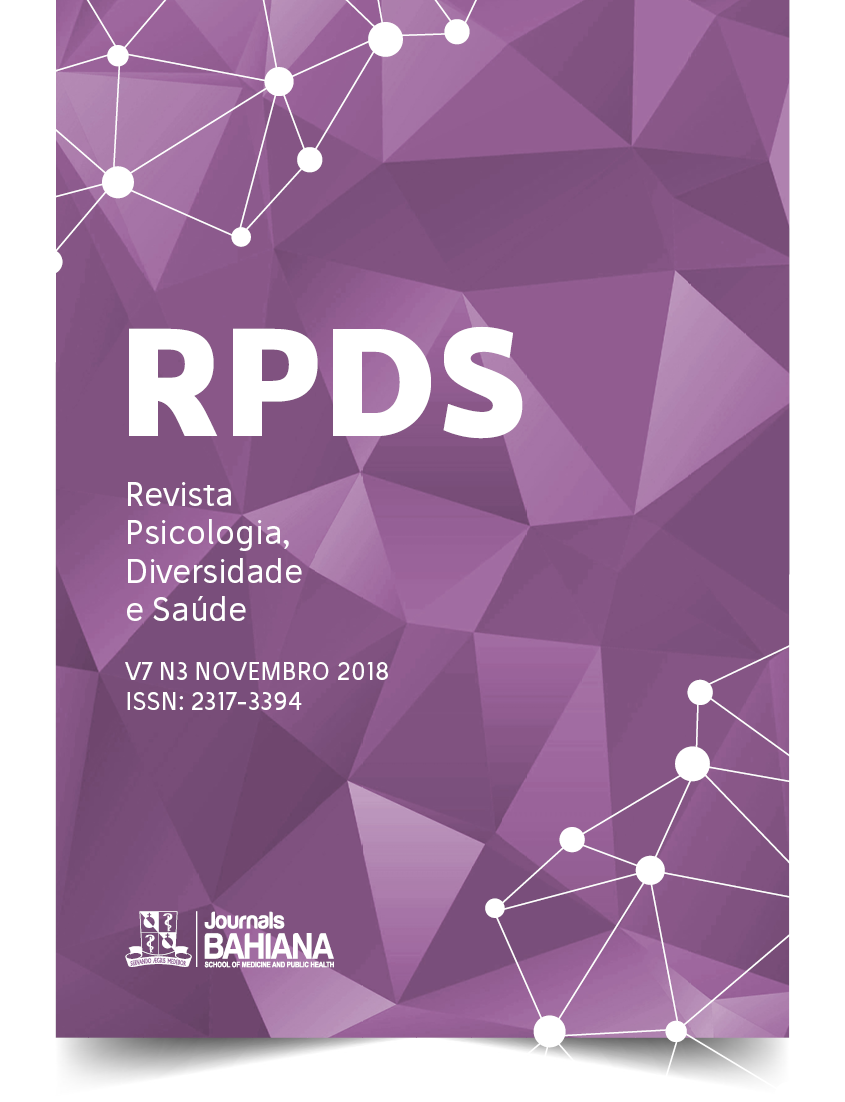Repercussões para a família que acompanha um paciente em cuidados paliativos
DOI:
https://doi.org/10.17267/2317-3394rpds.v7i3.1931Palavras-chave:
Cuidados Paliativos, Família, Paciente TerminalResumo
Os cuidados paliativos surgem como uma mudança de paradigma na assistência ao paciente que se encontra fora de possibilidades terapêuticas, a fim de aliviar a dor e o sofrimento desse indivíduo. O presente artigo tem como objetivo compreender o que a literatura traz sobre os principais impactos que repercutem na família que acompanha um paciente diante da impossibilidade terapêutica, relatando os sentimentos e os processos vivenciados por esse núcleo, considerando as publicações brasileiras que existem sobre esse assunto. O estudo trata-se de uma revisão sistemática realizada a partir de artigos já existentes nas bases de dados da Biblioteca Virtual de Saúde – Scielo, Lilacs e Pepsic,. O período selecionado dos artigos contemplou os anos de 2012 a 2016 e aborda os descritores: cuidados paliativos e família. Foram analisadas 15 publicações existentes e identificadas as categorias: as singularidades do cuidar no domicílio/ hospital, sentimento e sensações vivenciados pelo cuidador, dificuldades inerentes ao cuidar e fontes de apoio do cuidador. Tais categorias possibilitaram compreender que quando um dos membros do núcleo familiar depara-se com um doença fora de possibilidades terapêuticas é necessário um rearranjo nesse sistema. Além disso, diante da terminalidade, muitas vezes, um cuidador se torna responsável pelo paciente, sofrendo os impactos inerentes ao cuidar, contribuindo assim para o debate acerca dos cuidados paliativos e a atenção dada ao familiar que assume a função de cuidador.



